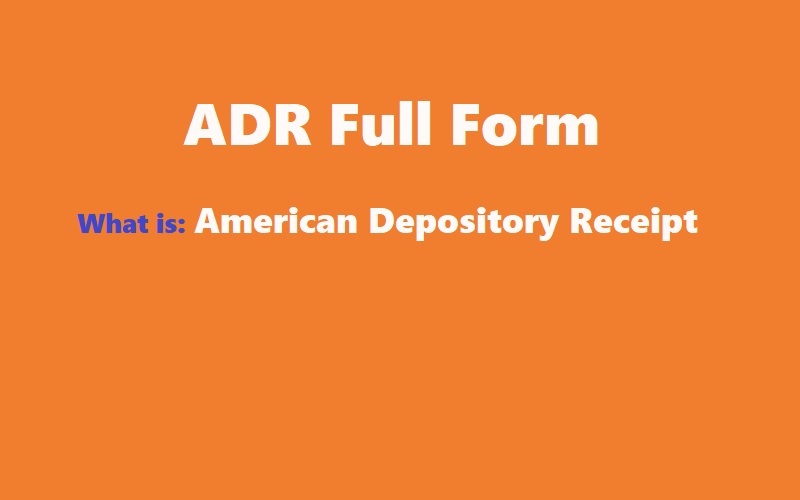
Eurodollar bonds is the name given to bonds that are denominated in US dollars, issued by a foreign company or government and help in a foreign institution outside the United States. A USD denominated bond issued by a Chinese real estate company in Singapore would be considered a eurodollar bond. Contrary to popular belief, the term ‘euro’ in eurodollar bonds does not indicate any relation to the Eurozone but in fact simply indicates that it is an international bond. This is why the terms eurodollar bonds and international bonds are often used interchangeably.
Eurodollar bonds are a popular source of funding for multinational corporations as they have fewer regulatory restrictions as compared to USD bonds issued in the United States. The US Federal Reserve does not have any jurisdiction over eurodollar bonds as they are issued outside the United States. Another reason for companies to issue eurodollar bonds is that they do not need to be registered with the US regulator i.e. the US Securities and Exchange Commission (SEC). This makes the bond issuance process more flexible.
The issuance of eurodollar bonds has boomed over the last decade driven primarily because of the following reasons:
-
Evolution of the Financial Markets
The evolution of financial markets has reduced boundaries between countries and enabled an easier flow of capital between investors and companies/governments. The first eurodollar bond was issued in 1963 by an Italian logistics and engineering company called Autostrade. The company raised USD 15 million via bonds issued in Amsterdam, sold in Luxembourg and backed by banks in the United Kingdom. Fast forward to 2020 where we are seeing many local companies tapping the international bond market by issuing eurodollar bonds. Total Asia ex-Japan G3 currency bond issuance volume for 2019 stood at a record USD 350 billion, majority of which is from Chinese companies.
-
Low Interest Rate Environment
The decade post the global financial crisis of 2007-2008 has seen extremely low interest rates in the developed countries of US, Eurozone countries and Japan. This has led investors from these countries to hunt for fixed income investment opportunities outside of their home countries – in pursuit of yield. Increased international investor demand has in turn led companies and governments of emerging markets to raise capital outside their home countries. Indonesia, for example, is one of the most frequent issuers of eurodollar sovereign bonds. The local interest rate in Indonesia currently stands at 5%. In comparison, Indonesia’s USD 5-year sovereign bonds offer a yield of about 2.5%, which is half of what the government would have to pay if it wanted to raise funds vis local currency bonds. The same rationale is applied by emerging market corporations, who dominate the eurodollar bond markets.










Wow, incredible blog structure! How lengthy have you been running a blog for?
you made running a blog glance easy. The whole glance of your website is great, as neatly as the
content! You can see similar here najlepszy sklep